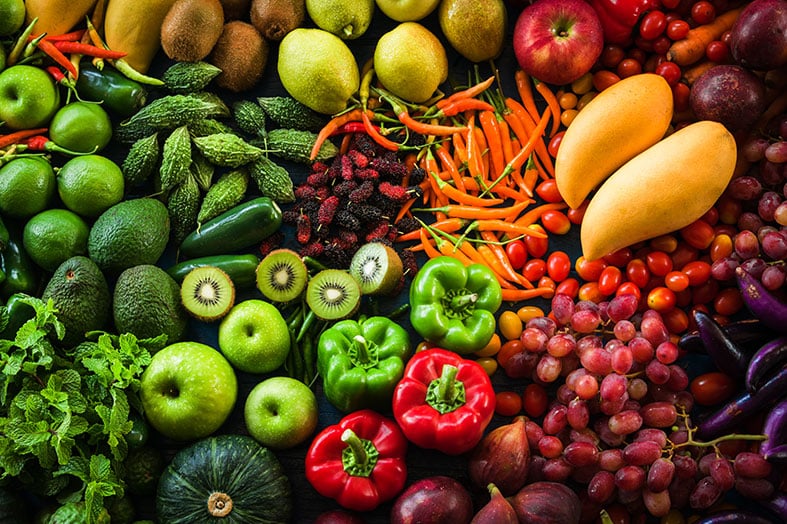Uncategorized
Madisonhealth Blog
(HealthDay News) — Everyone needs some salt to help maintain the body’s balance of fluids. But too much salt may cause you to retain fluids and raise your blood pressure, the U.S. Food and Drug Administration warns.
About 75 percent of the salt you consume is from processed foods, the FDA says.
The agency offers these tips to lower salt intake:
-
- Eat more fresh fruits and vegetables.
- Eat foods that are rich in potassium, including leafy green veggies and bananas. Potassium can help lessen the effects of sodium on blood pressure.
- Season food with herbs and spices, instead of salt.
- Opt for unsalted snacks.
- Read food labels and select foods low in sodium.
Copyright © 2018 HealthDay. All Rights Reserved.
(HealthDay News) — Electrolytes are minerals in the body that have an electric charge. They are in your blood, urine, tissues and body fluids.
Sodium, calcium, potassium, chlorine, phosphate and magnesium are types of electrolytes that are absorbed from foods you eat and fluids you drink.
The U.S. Library of Medicine mentions these roles of electrolytes:
-
- Balance the amount of water in your body.
- Balance your body’s acid/base (pH).
- Move nutrients into your cells.
- Move wastes from your cells.
- Help make sure the nerves, muscles, heart and brain work properly.
Copyright © 2018 HealthDay. All Rights Reserved.
(HealthDay News) — Infertility affects about 1 in 10 couples that are trying to have a baby, the U.S. National Institutes of Health says.
Advancing age is a prime cause of infertility, but there are other factors that are more under a person’s control, the agency says, including:
-
- Alcohol consumption.
- Smoking.
- Environmental toxins, including pesticides and lead.
- Certain medicines.
- Radiation treatment and chemotherapy.
- Stress.
- Poor diet.
- Being overweight.
- Sexually transmitted infections.
Copyright © 2018 HealthDay. All Rights Reserved.
Showing 109-120 of 169 results












